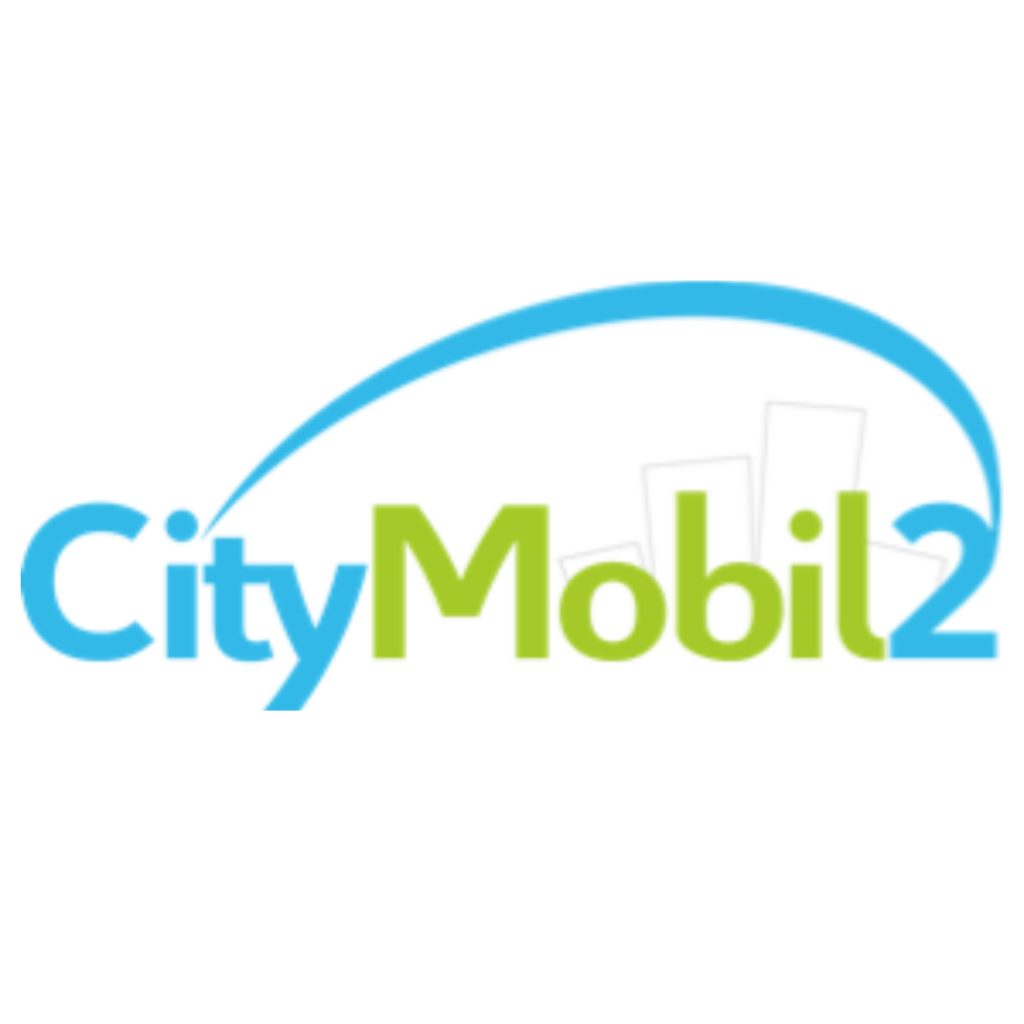CityMobil has demonstrated how automating road vehicles can lead to different transport concepts, from partly automated car-share schemes through CyberCars and Personal Rapid Transit (PRT), to Bus Rapid Transit (BRT) which can make urban mobility more sustainable. However CityMobil has also highlighted three main barriers to the deployment of automated road vehicles: the implementation framework, the legal framework and the unknown wider economic effect.
The CityMobil2 goal is to address these barriers and finally to remove them. To smooth the implementation process CityMobil2 will remove the uncertainties which presently hamper procurement and implementation of automated systems. On one hand CityMobil2 features 12 cities which will revise their mobility plans and adopt wherever they will prove effective automated transport systems.
Then CityMobil2 will select the best 5 cases (among the 12 cities) to organise demonstrators. The project will procure two sets of automated vehicles and deliver them to the five most motivated cities for a 6 to 8 months demonstration in each city.
To change the legal framework CityMobil2 will establish a workgroup with scientists, system builders, cities, and the national certification authorities. The workgroup will to deliver a proposal for a European Directive to set a common legal framework to certify automated transport systems.
Finally an industrial study will assess the industrial potential of automated systems on European economy and any eventual negative effect and make a balance of them.
ICCS in this project is working with the city study of the city of Trikala and also with the technical specifications of the vehicles that will be selected in the project’s course.
Cities demonstrating cybernetic mobility.
CityMobil has demonstrated how automating road vehicles can lead to different transport concepts, from partly automated car-share schemes through CyberCars and Personal Rapid Transit (PRT), to Bus Rapid Transit (BRT) which can make urban mobility more sustainable.
However CityMobil has also highlighted three main barriers to the deployment of automated road vehicles: the implementation framework, the legal framework and the unknown wider economic effect.
The CityMobil2 goal is to address these barriers and finally to remove them. To smooth the implementation process CityMobil2 will remove the uncertainties which presently hamper procurement and implementation of automated systems. On one hand CityMobil2 features 12 cities which will revise their mobility plans and adopt wherever they will prove effective automated transport systems.
Then CityMobil2 will select the best 5 cases (among the 12 cities) to organise demonstrators. The project will procure two sets of automated vehicles and deliver them to the five most motivated cities for a 6 to 8 months demonstration in each city.
To change the legal framework CityMobil2 will establish a workgroup with scientists, system builders, cities, and the national certification authorities. The workgroup will to deliver a proposal for a European Directive to set a common legal framework to certify automated transport systems. Finally an industrial study will assess the industrial potential of automated systems on European economy and any eventual negative effect and make a balance of them.
ICCS in this project is working with the city study of the city of Trikala and also with the technical specifications of the vehicles that will be selected in the project’s course.


